The University of Minnesota’s summer academic session began June 3, offering courses in both in-person and online formats to accommodate students’ summer schedules.
University professors say summer courses allow students to complete course credits in a way that may be more conducive to their schedules while presenting unique challenges for students who struggle with work management.
University professors Brian Gibbens and Charles Willis teach all three summer sections of General Biology. Students who take the course are required to complete both the lecture and lab sections. Though all lectures and most lab sections are online, beginning this summer, Gibbens and Willis offer one in-person lab section.
Willis said at-home labs may be especially challenging for students who do not manage their time well because students have to set up and perform the labs themselves, something a lab manager would do for an in-person lab.
“The most challenging thing of an online class is managing your time and making sure that you get done what you need to get done in a way that doesn’t overwhelm you,” Willis said. “And so some students might just like to show up at a given time each week and do the lab and then go home.”
Reed Priest, a professor at the University who teaches Introduction to Psychology during the summer, said online summer courses may be beneficial for students because of their flexibility.
Priest’s section of the course is fully asynchronous during the summer.
“A lot of folks are very busy out and about working, vacationing, doing a full-time job, you name it,” Priest said. “So being able to take this course in its online, asynchronous format really enables them to learn a lot, but as they so choose, which is really quite advantageous.”
Online lab sections of General Biology include both virtual labs and at-home “do it yourself” labs, which aim to give students a similar learning experience to an in-person lab, Willis added. Unlike in-person lab sections, virtual and “do it yourself” labs provide greater flexibility for students to complete coursework on their own.
Despite the many advantages online courses afford students, the lack of interaction between students is a challenge for instructors during the summer.
“A lot of the time, students can have different perspectives on the same topic, and by sharing perspectives, ideas, understandings, we as a class are often better able to appreciate and work with this given concept,” Priest said. “That’s a bit harder in an online course.”
Priest said instructors combat this with interactive and group assignments, like discussions, to help increase interaction among students.
Carly Byrnes, a communication studies professor at the University, said the level of enrichment a student gets from an entirely online course depends on the student’s needs.
This summer, Byrnes is teaching an asynchronous, online section of Introduction to Public Speaking in which students complete coursework individually, without class meetings in person or virtually.
Byrnes said some students prefer to take courses in an online format because they plan to go into an industry that is more technology-based than interpersonal. Also, during the summer, in-person coursework may coincide with summer-specific conflicts like atypical work schedules or family dynamics.
Time management is more flexible for asynchronous online courses like hers, Byrnes said. However, it requires greater self-motivation than in-person courses because coursework is self-paced.
Though online classes get a bad reputation, Byrnes said they tend to be the most popular ones in the Department of Communication Studies and have many diversity, equity and inclusion benefits for students, particularly for public speaking.
“A lot of people have glossophobia or just a fear of giving presentations and in-person classes that can be very challenging for students who get debilitated by public speaking anxiety,” Byrnes said.
The regular eight-week summer session will conclude on July 26 and is still accepting student enrollment.


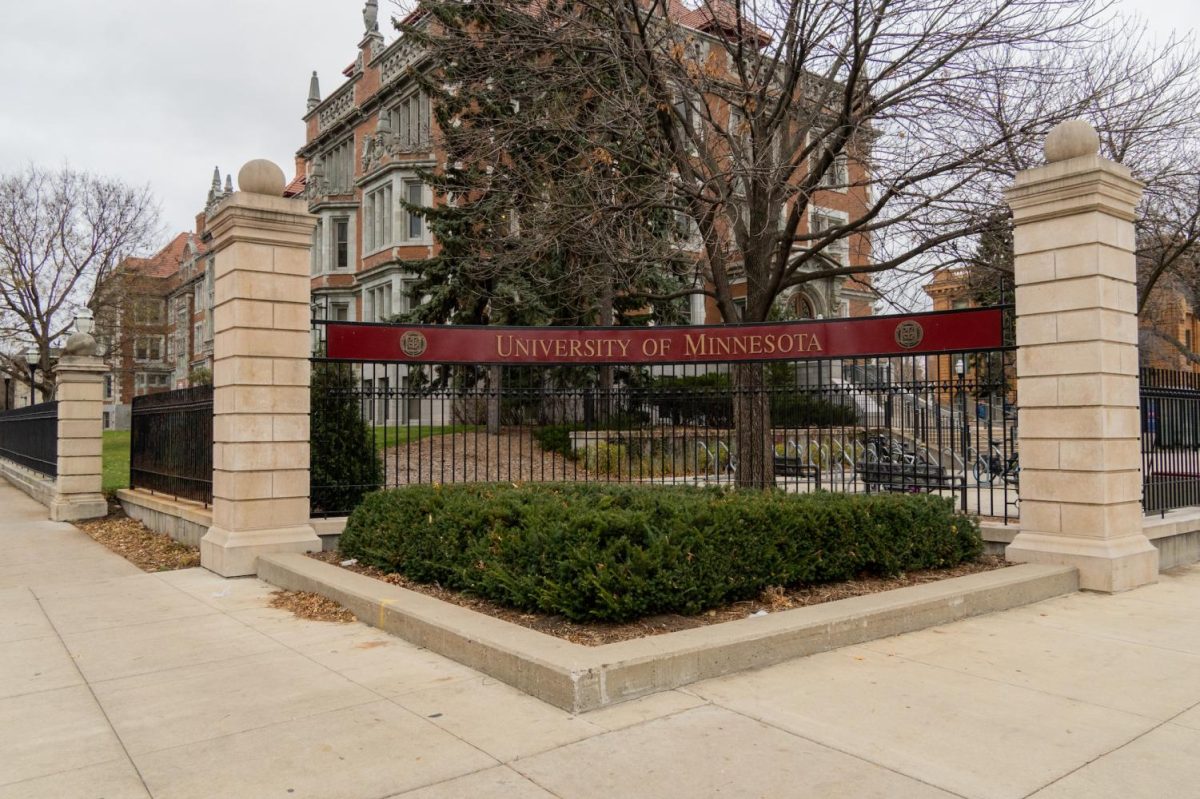
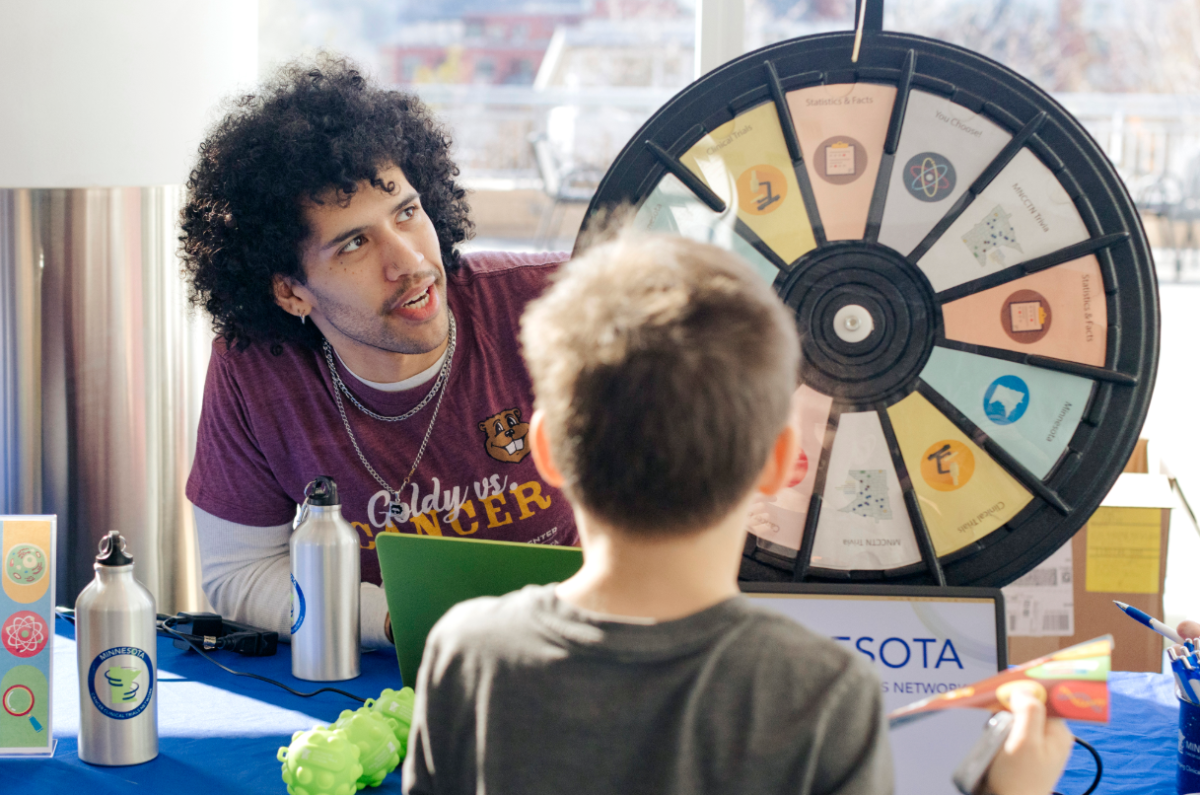
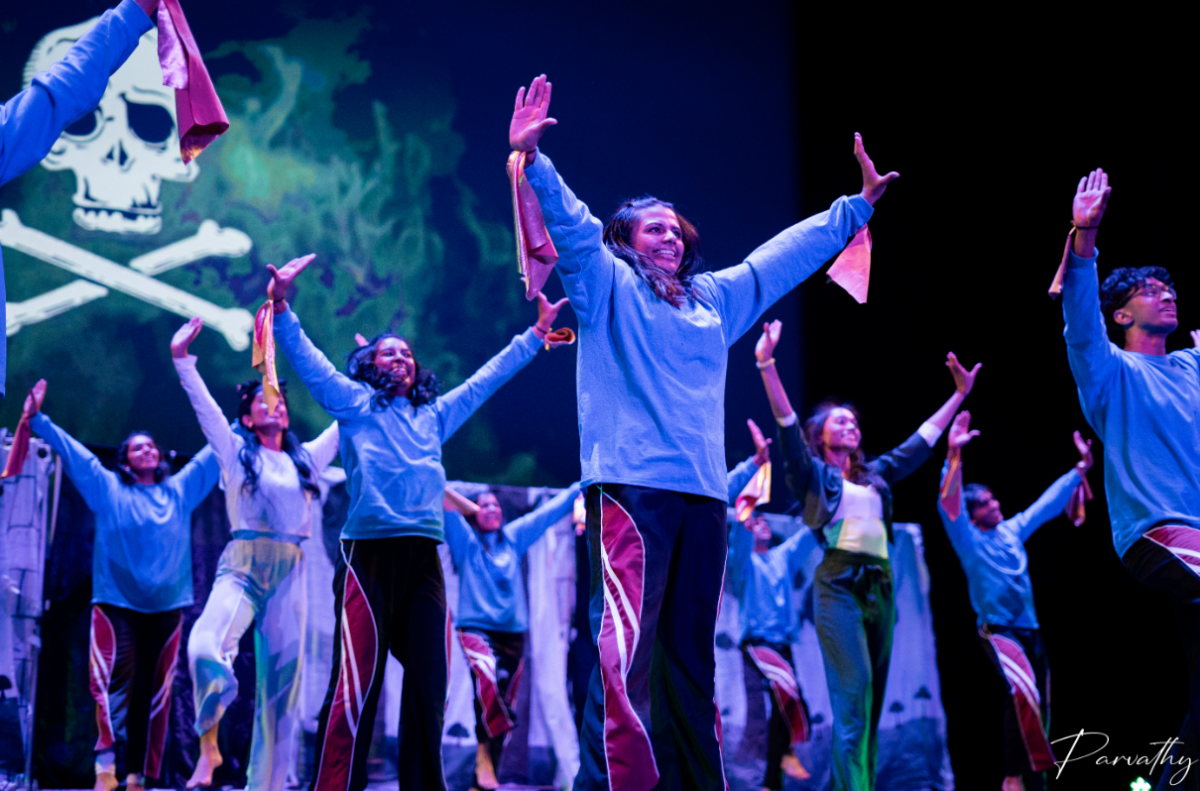



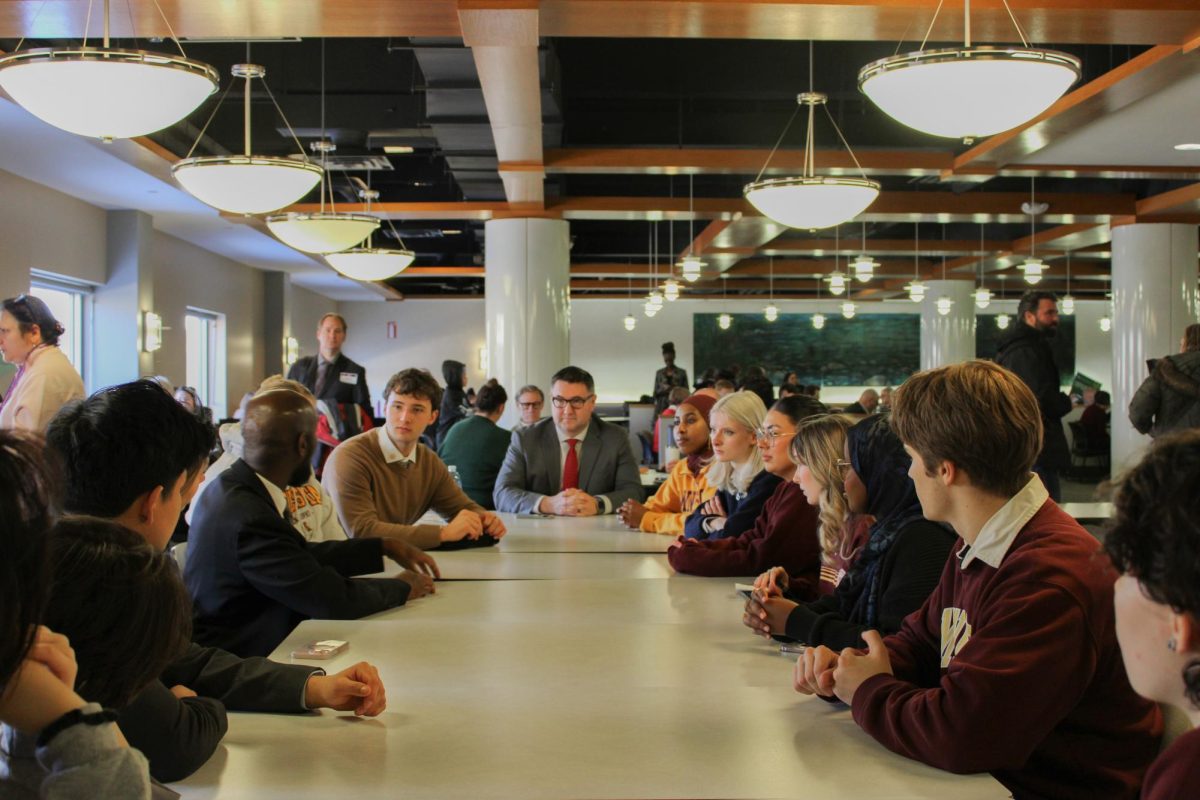
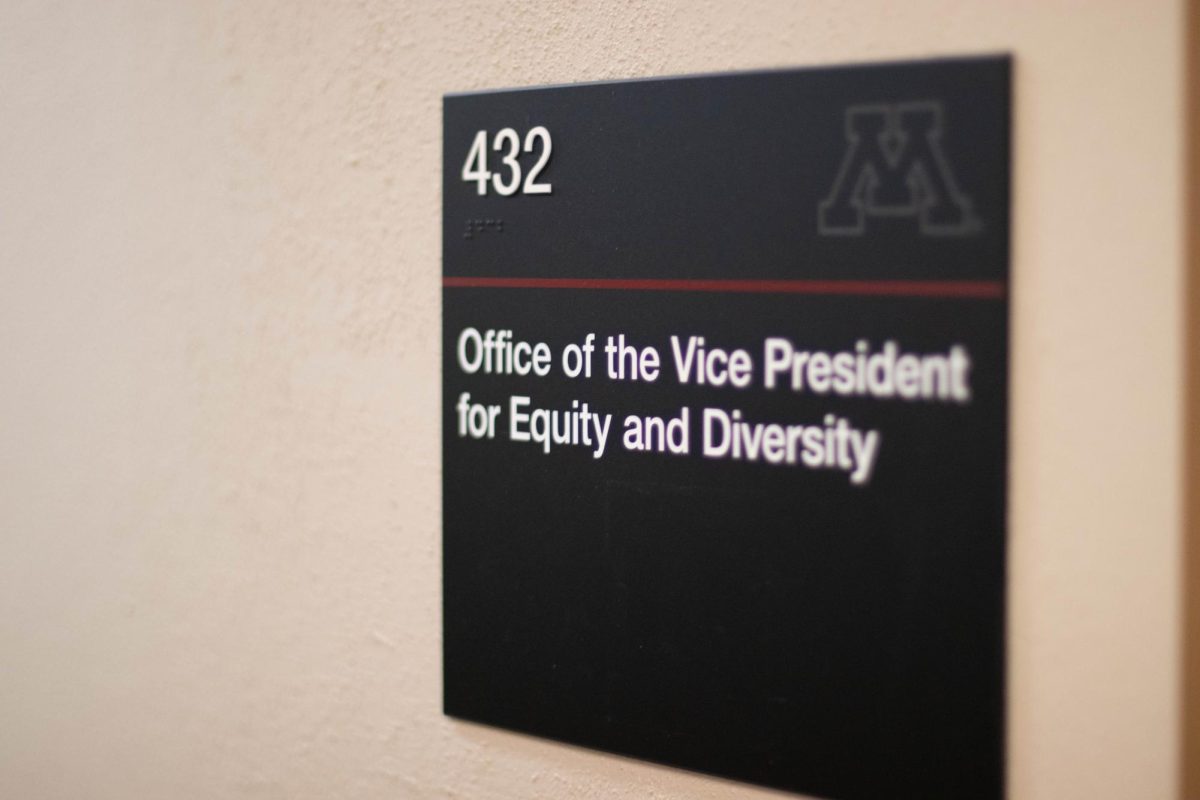


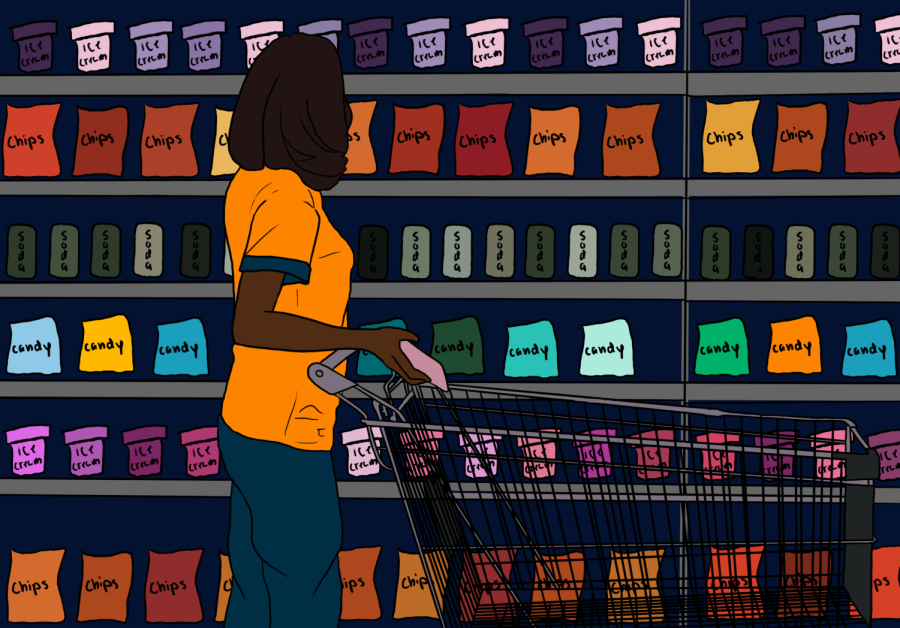
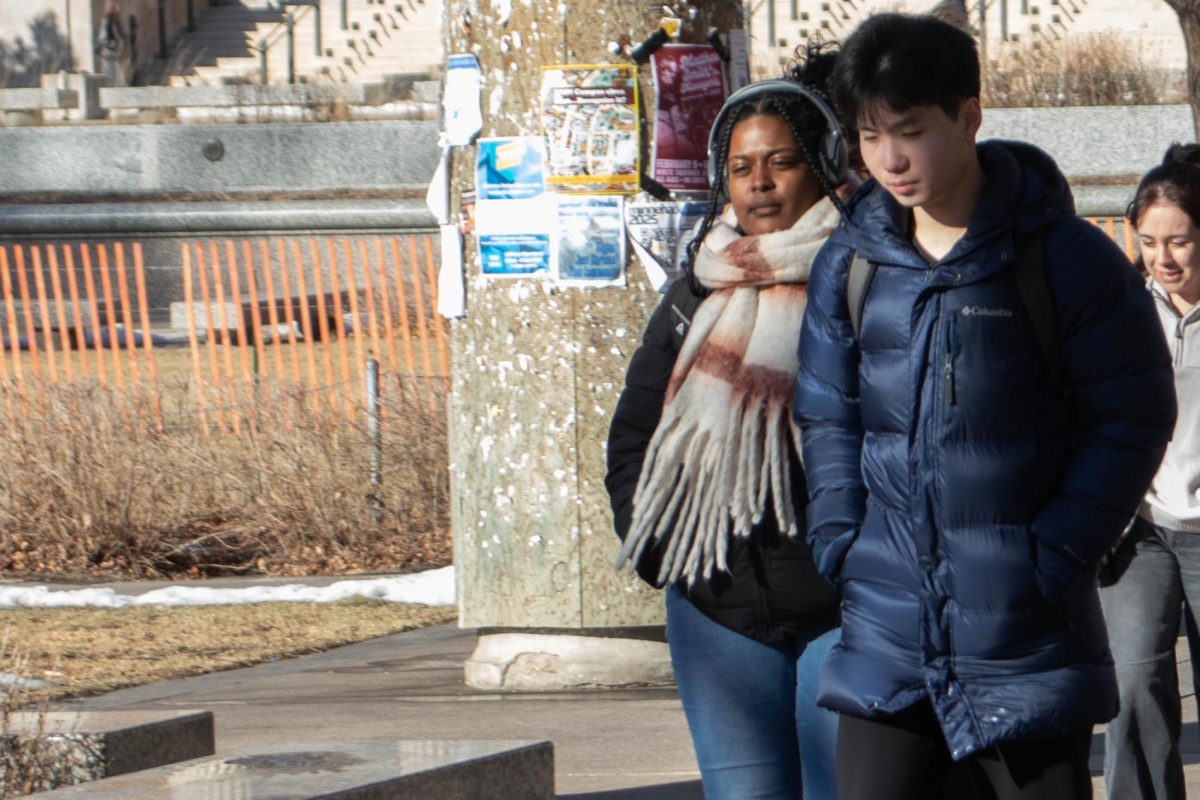

Mosisa Ararso(Ph.D)
Jun 8, 2024 at 5:58 am
Am experienced university lecturer in person and virtually. Currently am a senior researcher and consultant. so, am really happy to work with you if you accept me as temporary lecturer to work virtually for Classes of the UMN summer session to come. The area of my specialty is environment and natural resource management
Dr. Mosisa Ararso